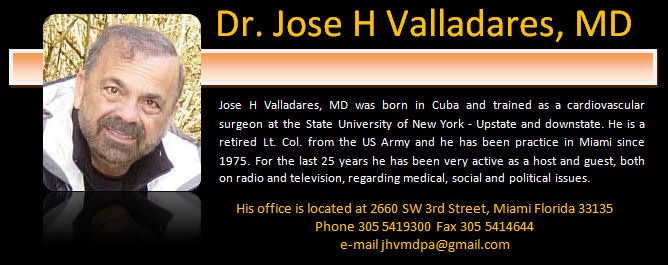Manipulation of Media

War on the Feds
On the sidelines of the disparate antigovernment movement, its philosophers are edging their followers closer to violence.
Bob Schulz, a leading exponent of the view that the IRS and much of the government it funds are operating illegally, has reached the brink of calling for war. The moment is significant because he is an influential voice among militia groups.
After more than a decade of conventional legal battles, Schulz and a network of allies organized by the We the People Foundation began filing hundreds of petitions for redress of grievances. Schulz had come to believe that the First Amendment's petition clause required governors, legislatures and federal agencies to provide specific and satisfactory answers to accusations of wrongdoing. He filled government dockets with thousands of questions — one petition, for instance, asked the IRS to "admit or deny" 116 allegations of fraud in the 1913 debate that ratified the 16th Amendment. When his petitions went ignored and the Supreme Court declined to hear his case in 2007, he wrote a formal brief accusing the court of "committing treason to the Constitution." The IRS, meanwhile, revoked his foundation's tax-exempt status, alleging that he used it to promote an illegal "tax termination plan" and bringing tax-evasion charges against some of the people who followed Schulz's advice.
Last year Schulz convened hundreds of delegates to a second Continental Congress in St. Charles, Ill., drafting Articles of Freedom with "instructions" that state and federal governments halt unlawful operations. Refusal to comply would be "an act of WAR," the delegates wrote, and "the People and their Militias have the Right and Duty to repel it." Several militia leaders are among the authors.
Then, in November and March, Schulz staged vigils at the White House in which he and some of his followers dressed in the mask of the menacing "V" from the film V for Vendetta. (In the movie's final scene, the oppressive seat of government erupts in spectacular flames to the swelling strains of the 1812 Overture.) "If the First Amendment doesn't work," Schulz says, "the Second Amendment would." He asks, "What does a free man do" when all other avenues are closed? "I am struggling with my conscience."
Regardless of what conscience tells them, what chance do would-be armed rebels possibly have of prevailing against the armed might of the U.S.?
Bob Schulz, a leading exponent of the view that the IRS and much of the government it funds are operating illegally, has reached the brink of calling for war. The moment is significant because he is an influential voice among militia groups.
After more than a decade of conventional legal battles, Schulz and a network of allies organized by the We the People Foundation began filing hundreds of petitions for redress of grievances. Schulz had come to believe that the First Amendment's petition clause required governors, legislatures and federal agencies to provide specific and satisfactory answers to accusations of wrongdoing. He filled government dockets with thousands of questions — one petition, for instance, asked the IRS to "admit or deny" 116 allegations of fraud in the 1913 debate that ratified the 16th Amendment. When his petitions went ignored and the Supreme Court declined to hear his case in 2007, he wrote a formal brief accusing the court of "committing treason to the Constitution." The IRS, meanwhile, revoked his foundation's tax-exempt status, alleging that he used it to promote an illegal "tax termination plan" and bringing tax-evasion charges against some of the people who followed Schulz's advice.
Last year Schulz convened hundreds of delegates to a second Continental Congress in St. Charles, Ill., drafting Articles of Freedom with "instructions" that state and federal governments halt unlawful operations. Refusal to comply would be "an act of WAR," the delegates wrote, and "the People and their Militias have the Right and Duty to repel it." Several militia leaders are among the authors.
Then, in November and March, Schulz staged vigils at the White House in which he and some of his followers dressed in the mask of the menacing "V" from the film V for Vendetta. (In the movie's final scene, the oppressive seat of government erupts in spectacular flames to the swelling strains of the 1812 Overture.) "If the First Amendment doesn't work," Schulz says, "the Second Amendment would." He asks, "What does a free man do" when all other avenues are closed? "I am struggling with my conscience."
Regardless of what conscience tells them, what chance do would-be armed rebels possibly have of prevailing against the armed might of the U.S.?
